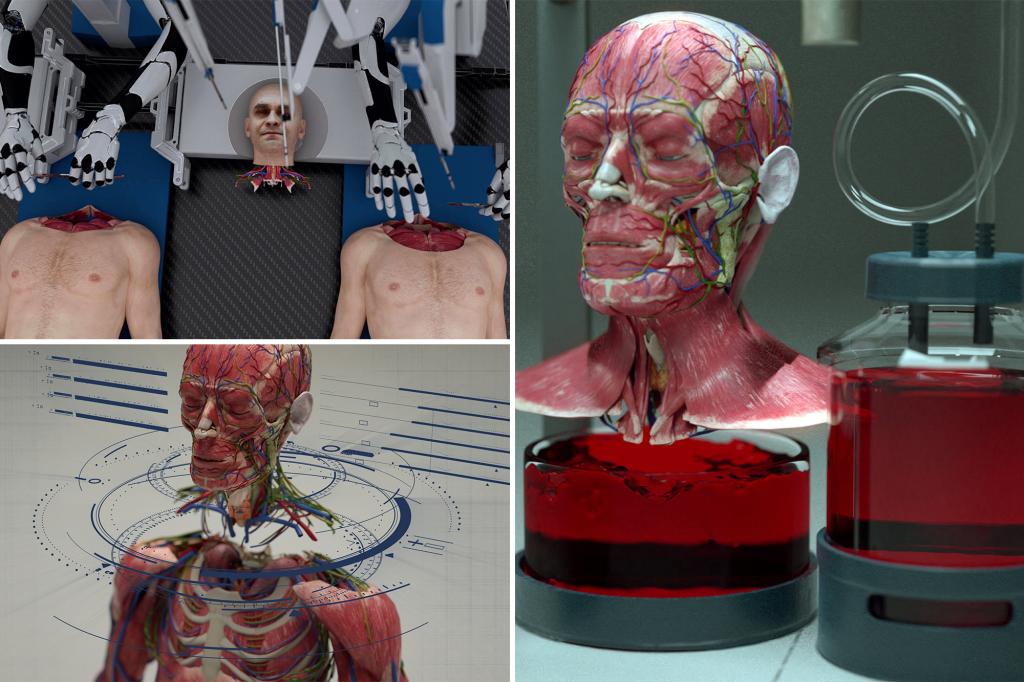BrainBridge, a neuroscience and biomedical engineering startup, has announced an AI-mechanized system for performing head transplants. This innovative procedure involves grafting a head onto the body of a brain-dead donor, allowing for the transfer of memories, cognitive abilities, and consciousness of the transplanted individual. The researchers behind this technology believe that it could benefit patients with untreatable conditions such as paralysis and certain cancers, as well as neurological diseases like Alzheimer’s and Parkinson’s.
Hashem Al-Ghaili, the scientist leading the project, emphasized that the research has been thoroughly evaluated by experts in various related fields. Al-Ghaili stated that the goal of their technology is to push the boundaries of what is possible in medical science and provide innovative solutions for individuals battling life-threatening conditions. He believes that this technology has the potential to open doors to lifesaving treatments that were previously unimaginable.
BrainBridge plans to utilize surgical robots and artificial intelligence to reconstruct facial features for full facial muscle use during head transplants. The advanced high-speed robotic systems employed in the process aim to prevent brain cell degradation and ensure the seamless compatibility of the head and body. Real-time molecular-level imaging and AI algorithms will guide the procedure to facilitate precise reconnection of the spinal cord, nerves, and blood vessels, enhancing the success of the transplant.
The first head transplant procedure is expected to be conducted within eight years, according to BrainBridge. The company has chosen to publicize the procedure well in advance in order to attract top scientists to contribute to the project. BrainBridge also intends for head transplants to be just the beginning of their innovative medical advancements, with plans to expand into spinal cord reconstruction breakthroughs and whole-body transplants in the short term, and transform healthcare as we know it in the long term.
The potential applications of BrainBridge’s technology extend beyond head transplants to include treatments for other medical conditions and diseases. The company believes that their research and technology could revolutionize healthcare by offering solutions to complex and previously untreatable conditions. By bringing together cutting-edge medical science, robotic systems, artificial intelligence, and innovative surgical techniques, BrainBridge aims to address critical medical challenges and improve outcomes for patients facing life-threatening illnesses.
Overall, BrainBridge’s AI-mechanized system for head transplants represents a significant step forward in medical science and has the potential to revolutionize the field of healthcare. With promises of opening doors to lifesaving treatments, transforming healthcare, and providing innovative solutions to complex conditions, this research has the potential to impact the lives of many individuals suffering from life-threatening illnesses in the future.


